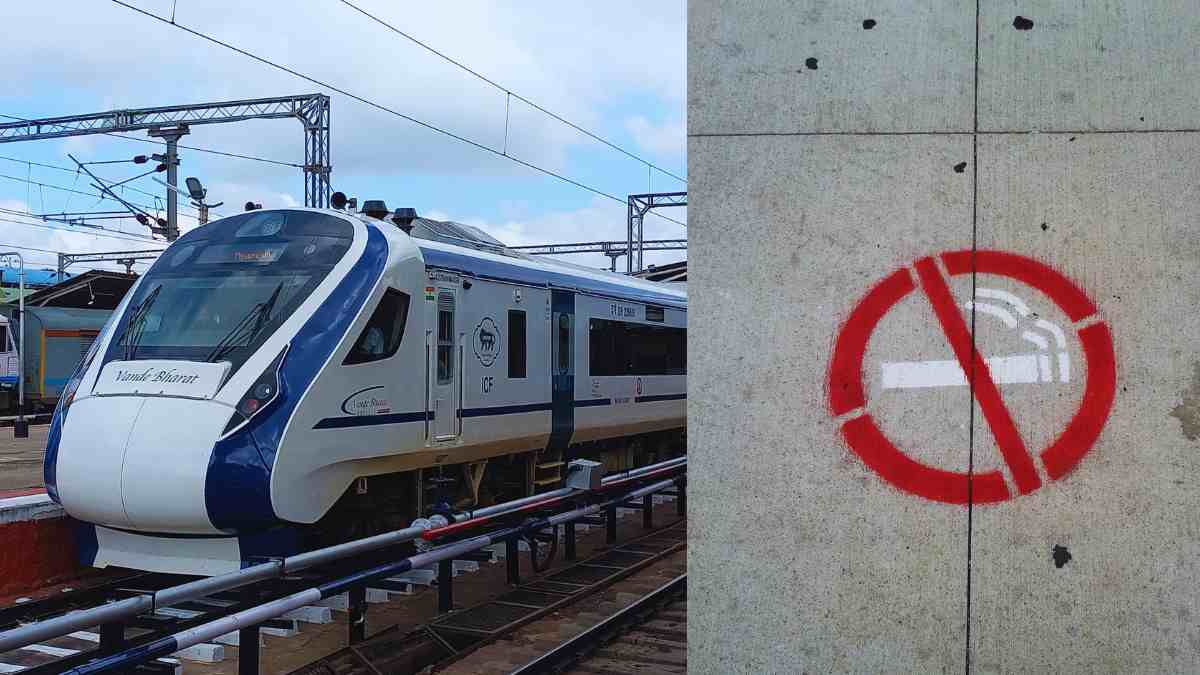Bengaluru Metro Rail Corporation Limited (BMRCL) has introduced stringent enforcement measures to curb the use of chewable tobacco within metro trains and premises.
Commuters found consuming or spitting tobacco-based products will now face fines, a step officials say is vital to upholding cleanliness and maintaining a safe public environment. The initiative comes in response to mounting public complaints about passengers chewing tobacco and spitting in metro spaces—a behaviour that undermines the city’s ambitions for a clean, world-class urban transport system. Officials said that the spitting menace not only defaces public infrastructure but also poses health hazards, especially in closed and high-footfall spaces like metro coaches and platforms.
To counter this, BMRCL is intensifying security operations during non-peak hours with the introduction of random physical pat-down checks at entry points. As these substances are often not detectable through conventional metal detectors, officials stated that physical checks were essential to identifying violators and deterring such activities in the future. Security staff at platforms are being sensitised and trained to identify tell-tale signs of tobacco use and intervene appropriately. Further, the central surveillance command centre has been directed to closely monitor real-time CCTV feeds across the metro network to flag potential violations. Any infractions captured will trigger an alert to on-ground personnel for immediate action.
In addition to surveillance and fines, BMRCL plans to run comprehensive public awareness campaigns, urging commuters to refrain from using chewable tobacco within metro premises. The campaign is expected to utilise audio announcements, visual displays, and posters to reinforce the message and highlight the penalties associated with violations. Officials emphasised that this initiative is part of a broader push to create a cleaner, commuter-friendly ecosystem aligned with sustainable urban transport goals. The metro, considered a backbone of public mobility in the city, caters to thousands of commuters daily. Ensuring that the metro remains a hygienic space is fundamental to encouraging greater public adoption and reducing the carbon footprint of private vehicle use.
The BMRCL has called on Bengaluru’s residents to cooperate in this campaign, stressing that collective civic responsibility is essential for transforming public spaces. “This is not just about fines, but about cultivating shared habits that support a greener and more respectful urban culture,” a senior official noted. The focus on public hygiene also aligns with national goals under the Swachh Bharat Abhiyan and larger sustainability objectives. By cracking down on unhygienic practices, Bengaluru’s metro authority is seeking to set a precedent for other metro systems in the country to follow.
As Indian cities expand and public transport becomes a central pillar of low-carbon mobility, maintaining clean, inclusive, and equitable infrastructure will be key to their success. BMRCL’s measures serve as a reminder that sustainable transit isn’t only about tracks and trains—but also about human behaviour, accountability, and the civic values we uphold in shared spaces.
Also Read : https://urbanacres.in/vande-bharat-fares-reduced-for-all-indians/
Bengaluru Metro Fines Passengers for Tobacco Use in Trains and Stations


